Not the familiar smell of new wood and coffee in his modern apartment, where everything was neat and tidy. This house, to Long, was just an asset that needed to be disposed of.
He walked into the living room, which was exactly as it had been when she was alive. The sofa was worn, the coffee table was faded, and old photos hung on the walls. His heart sank.
- Long, don't sell my house. I know it's old, but it's a part of you... - Her words kept echoing in his head, but he dismissed them as meaningless nostalgia.
Long glanced at the old items that he considered worthless. Then his phone rang. A message from the antique dealer appeared: “Mr. Long, I’m here to buy the box.”
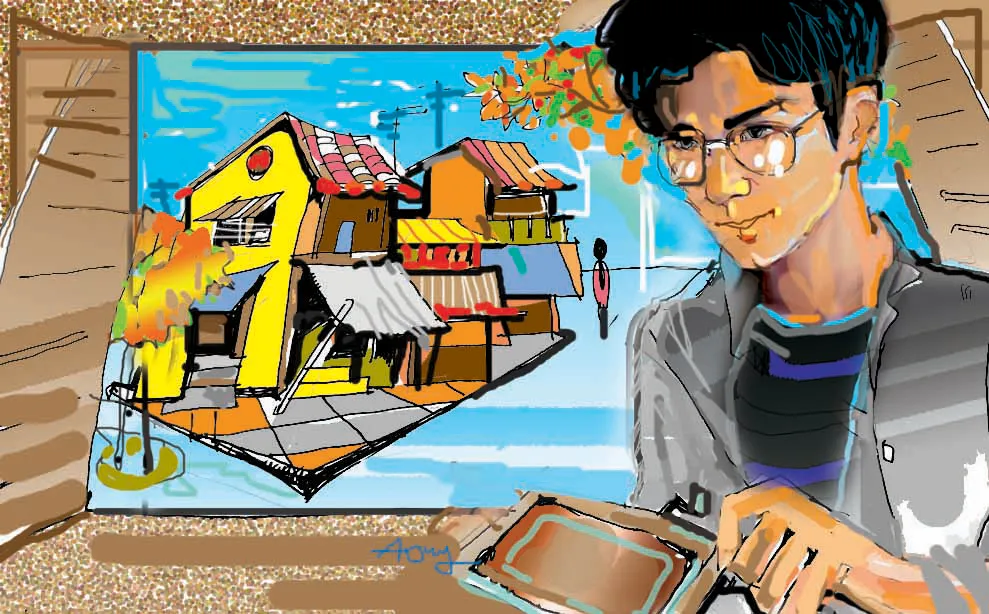
Long frowned, frustrated. He just wanted to end it all, to be free from this burden. He opened the wooden box. Inside was a yellowed photo, a letter with elegant handwriting, and a small music box. He wound the music box and muttered:
- Can memories be sold for money?
A melody began to play, unlike any sound Long had ever heard. It seeped into his mind, and the room faded away.
***
In the melodious music of the box, the space around Long shattered like shards of glass. A cold wind blew in. The strong, sweet scent of milk flowers penetrated every cell. Long took a deep breath, feeling his chest filled with a strange emotion.
From afar, the familiar yet evocative “clang” sound rang out. The sound of the train was not urgent, but like a whisper, taking him to another world .
Long found himself standing on a street, with mossy tiled roofs and rows of ancient trees. Time had gone back half a century. He saw his grandmother in her youth, with her elegant ao dai, her hair in braids, shyly riding a Ba Dinh bicycle. Then the image of his handsome grandfather, smiling brightly.
He felt his father’s nervousness, felt her trembling hand as it touched his. The “clang” of the train became the soundtrack of first love. Long felt his heart tremble, as if he had missed something sacred.
***
Long’s eyes blinked slightly. The music from the music box changed to a different tone, more urgent and nostalgic. The space suddenly darkened. Long felt a cold, damp air rush in, carrying the smell of mud and rain. He “stepped into” another memory of hers: the Hang Be market on a rainy afternoon.
The rain poured down, the sound of the rain pounding on the old tin roof was like a powerful song, drowning out all other sounds. Long found himself standing under a shabby porch, along with a group of people taking shelter from the rain. The space was cramped, but filled with the warmth of human bodies.
- With this rain, no one will buy vegetables all day - A young girl complained, her voice mixed with the sound of the rain. Her hair was soaked, water dripping down her already soaked shirt.
The vegetable seller, a woman with silver hair like frost, smiled softly, stroking the girl's hair:
- Then let's sit together. Worth it!
She gently opened her sticky rice wrapped in lotus leaves, still piping hot. The aroma of sticky rice mixed with the scent of lotus leaves permeated every cell of Long’s olfactory senses. She broke off a piece of sticky rice and gave it to the girl:
- Hey, eat to warm your stomach!
The girl hesitated, but the vegetable seller insisted. Then a butcher, still holding a knife, also pulled out a package of cakes from his pocket and offered them to everyone. They sat together, sharing each package of sticky rice and each piece of cake. The sounds of laughter, questions, and worries for loved ones… all blended with the sound of the rain. The love of people in the market that day was so simple, just a rain was enough to bring them together.
Long stood there, feeling the warmth of human affection. He suddenly realized that the things that seemed worthless were actually the most precious things.
***
As the music box's melody became more melodious and slower, Long felt a strange warmth envelop him. He was no longer standing in the old room, but in the middle of a yard filled with laughter.
Before his eyes, was a simple wedding, no fancy tent, no luxury car. Only a Ba Dinh bicycle with the bright red words “Double Happiness” was waiting. The bike was fragile, but Long felt its sturdiness, like a promise for a simple yet sure future.
The wedding party consisted of only green tea, peanut candy, and some mung bean cakes. However, the atmosphere was filled with laughter and cheers. Human affection was warmer than any delicacy.
Long looked at his grandparents that day, beaming with happiness. He wore a white shirt, buttoned neatly. She wore a cream-colored ao dai, her hair tied in a neat braid. She stood beside him, shy, but her eyes sparkled with joy.
Beside them were simple wedding gifts: a thermos and a cotton blanket. Long realized that these were not expensive gifts, but were symbols of love, sharing, and sincere blessings.
***
The music box suddenly stopped. Long woke up and returned to his current room. The room was no longer empty. The scent of memories was still there, lingering around him. He looked at his grandmother's things with a different gaze, full of respect and gratitude.
Just then, there was a knock at the door. The antique dealer said excitedly:
- Mr. Long, I came here to buy the box.
- You're wrong. This box is not an antique. This is my inheritance. It is my Hanoi ! - Long answered without thinking. The antique dealer looked bewildered, then turned and walked away.
Long's eyes were no longer hurried. He quietly sat down by the windowsill, a spot where he had often seen her sitting. The cold, unfamiliar feeling of the room had now disappeared, replaced by a familiar warmth.
He looked out the window. Hanoi was still the same, with its bustling traffic and skyscrapers. But now, he no longer felt the distance. In Long's eyes, the city was no longer just concrete and steel, but a slow-motion film. He saw an old woman selling sticky rice, her stall was small but sturdy, like her life. He saw a young couple, hand in hand, walking down the street. And he suddenly realized that true love from the heart will always remain intact, regardless of the flow of time.
Long gently closed his eyes, he had found something more precious than any money: his roots. Hanoi is not a place to go, to arrive, but a place to return.
Source: https://www.sggp.org.vn/gia-tai-cua-mot-tinh-yeu-post821280.html




![[Photo] President Luong Cuong receives US Secretary of War Pete Hegseth](https://vphoto.vietnam.vn/thumb/1200x675/vietnam/resource/IMAGE/2025/11/02/1762089839868_ndo_br_1-jpg.webp)


![[Photo] Lam Dong: Images of damage after a suspected lake burst in Tuy Phong](https://vphoto.vietnam.vn/thumb/1200x675/vietnam/resource/IMAGE/2025/11/02/1762078736805_8e7f5424f473782d2162-5118-jpg.webp)
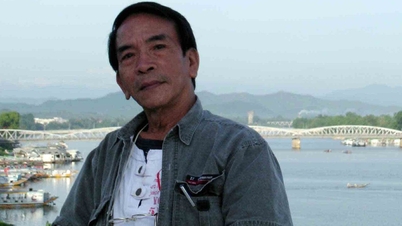

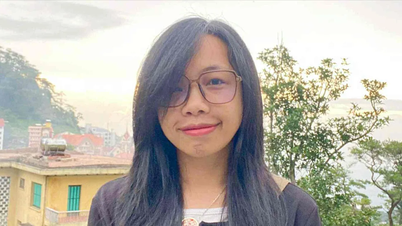
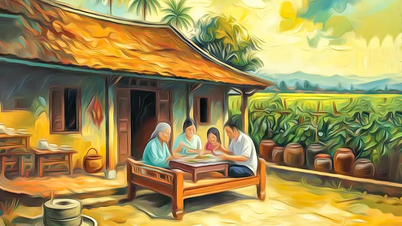

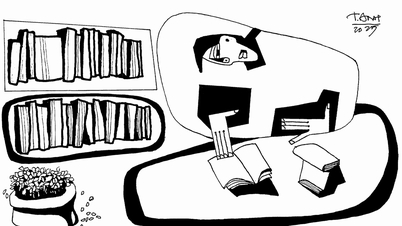

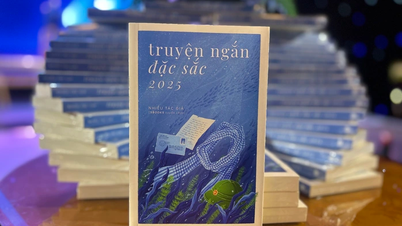

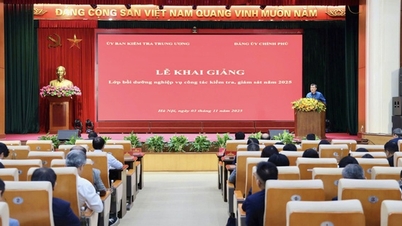

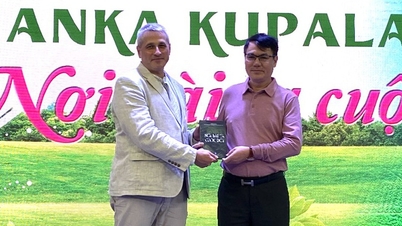

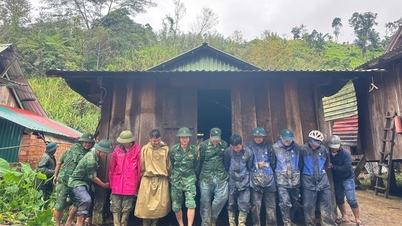


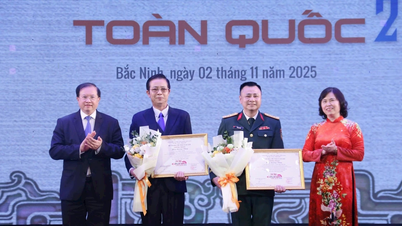





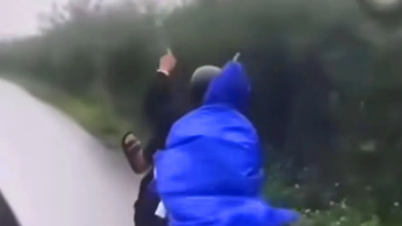











































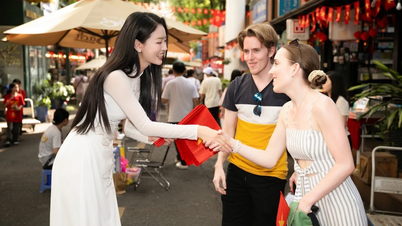
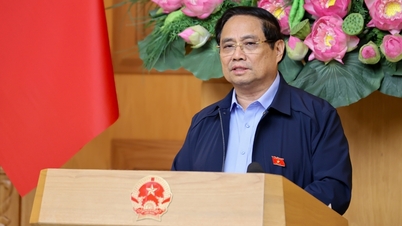

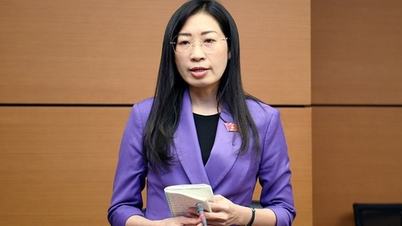




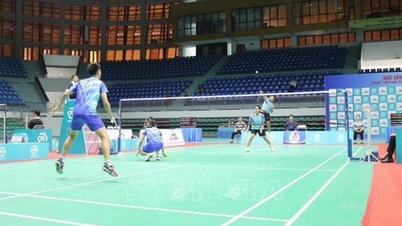
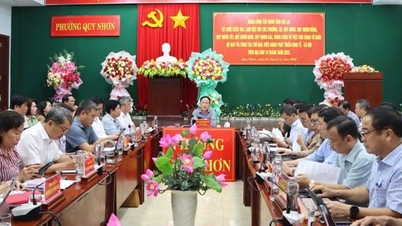
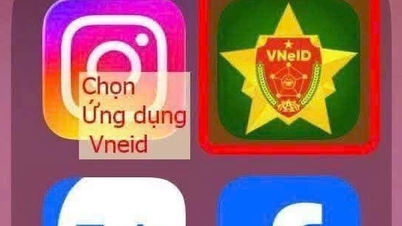
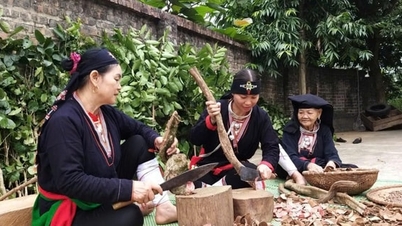



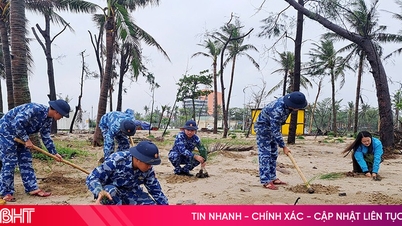

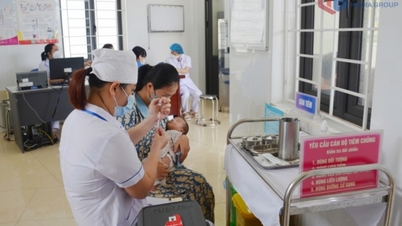
















Comment (0)